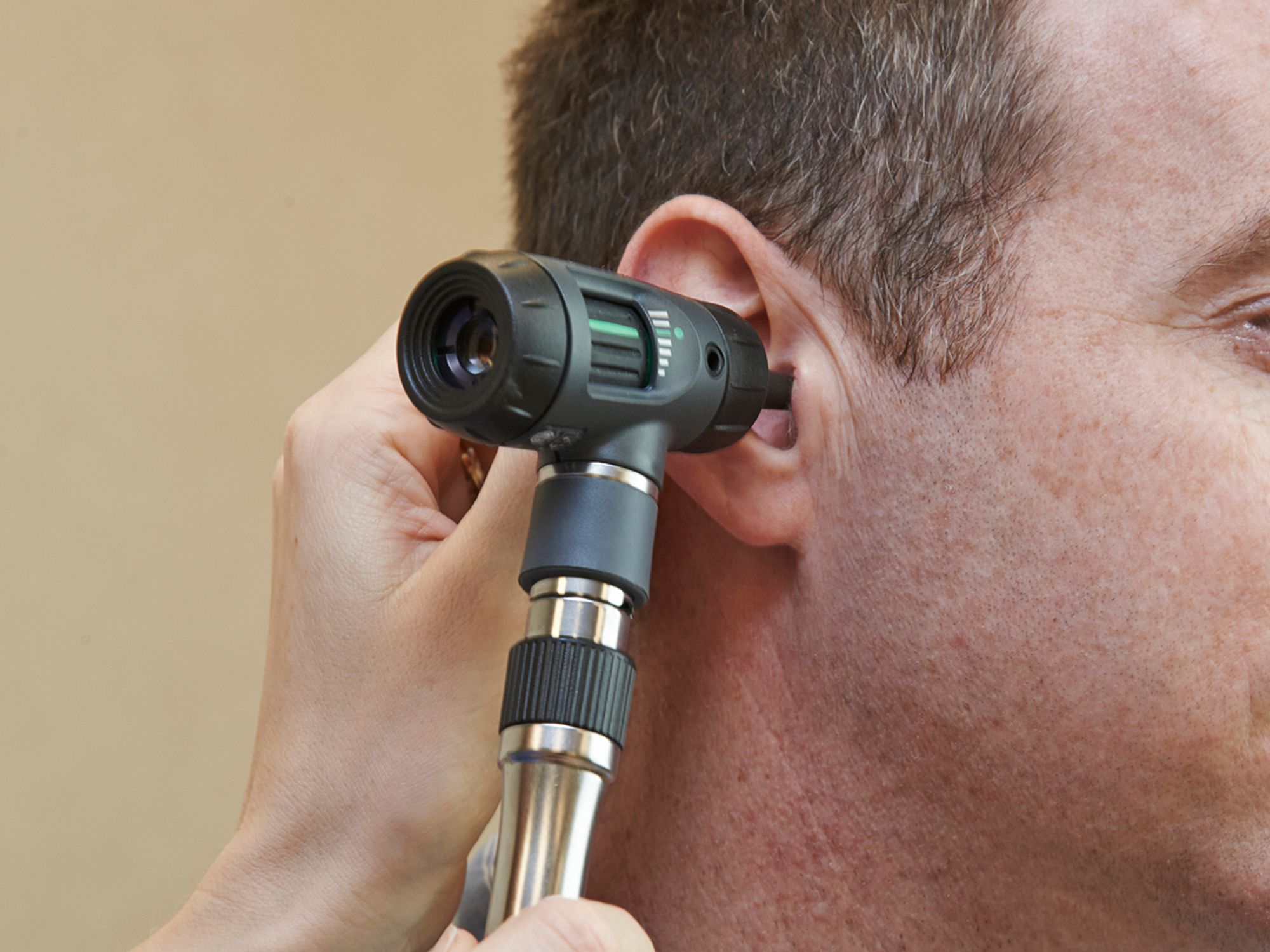Indications of a problem

- Subjective responses, such as workers having to shout to be heard in conversation, may be a warning that workplace noise is at an unacceptable level.
- Lower levels of noise exposure may actually be more dangerous, because the worker may perceive it as not loud enough to require hearing protection.
There are various factors that indicate when noise is a problem in the workplace. While people react differently to noise, subjective responses should not be ignored because they may provide warnings that noise may be at unacceptable levels.
- Noisy conditions can make normal conversation difficult. When noise levels are:
- Above 80 decibels, people have to speak very loudly.
- Between 85 and 90 decibels, people have to shout.
- Greater than 95 decibels, people have to move close together to hear each other at all.
- High noise levels can cause adverse reactions or behaviors.
Lower levels of noise exposure may actually be riskier than higher levels. Exposures below 95 decibels may be annoying, but don’t seem loud enough for hearing protection — though cumulative exposure can lead to hearing loss. Noise levels above 100 decibels, however, are uncomfortable and the discomfort serves as a reminder to wear hearing protection.
Sometimes, overexposure to loud noise can trigger ringing or other sounds in the ears. This is called tinnitus. While tinnitus may be a symptom of damaged hearing, it can also be caused by infections, medications, and impacted ear wax. The only way to know for sure if noise has damaged a person’s hearing is to have a hearing examination by a certified audiometric technician, audiologist, otolaryngologist, or physician.
Don’t forget that exposure to loud noise doesn’t occur in just the workplace. Off the job, employees can be exposed to noise from firearms, motorcycles, snowmobiles, power tools, lawn mowers and snow blowers, and loud music, often from headphones/earbuds with personal media devices.
